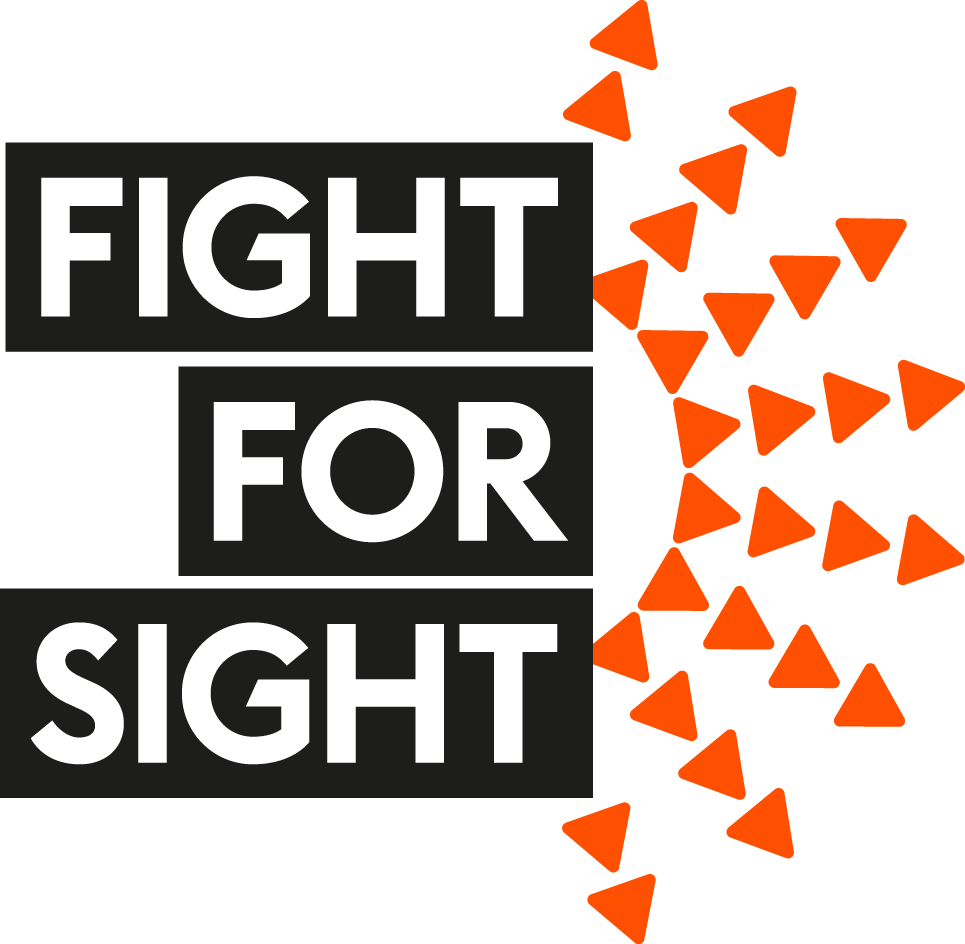Eye health could help diagnose people with chronic fatigue syndrome
We partner with Thomas Pocklington Trust to co-fund research into a little-known aspect of this disabling, long-term condition.
Myalgic encephalomyelitis (ME*) is well known for causing exhaustion. It’s also linked to a wide range of other symptoms such as pain, poor sleep and trouble concentrating.
But despite the fact that people with CFS often report visual symptoms such as being very sensitive to light and having dry, itchy or painful eyes, little research has been done to understand exactly how and why the eye is affected.
So we have teamed-up with Thomas Pocklington Trust to fund Dr Clare Hutchinson and co-investigator Dr Frank Proudlock at the University of Leicester to find out more about how the eye is affected in CFS.
Consistent reports of eye symptoms
People with CFS consistently report having trouble focusing on images, eye strain, vision-related headaches, slow eye movements and tracking moving objects, in addition to hypersensitivity to light and dry eye. So it’s possible that one or more of these symptoms experienced together with fatigue could be a defining feature of CFS. If so, it would make it easier for doctors to diagnose the condition, especially as none of the other symptoms people may experience are specific to CFS.
In this project, the research team will test 50 participants who have been diagnosed with CFS to get an objective picture of eye problems that may be linked to the condition. They’ll be looking for information such as how often and how severely dry eye occurs; how the participants’ pupils respond to light; how well they can focus on objects at different distances; clarity and depth of vision and; the ability to perceive colour. The team will also scan images of the participants’ eyes to find out whether the shape of the eye is affected and examine the retina at the back of the eye which contains the photoreceptor cells that detect light. This information will be compared to results from a control group of 50 participants without CFS.
“Chronic fatigue syndrome is a debilitating disorder,” said Dr Hutchinson, Lecturer in the College of Medicine, Biological Sciences and Psychology at the University of Leicester. “Apart from disabling fatigue, there are few definitive symptoms of the condition. As a consequence, people with CFS often have difficulty gaining an appropriate diagnosis. As such, identifying distinct clinical features of CFS is an important issue and we are very pleased to have been awarded this grant to investigate the vision-related problems in CFS.”
A marked impact on quality of life
Dr Dolores M Conroy, Director of Research at Fight for Sight, said: “It’s clear from patients’ self-reports that the visual problems they experience have a marked impact on their quality of life. They also represent distinct, quantifiable, clinical features that could significantly improve diagnosis, provide insights into underlying pathology and represent a candidate for treatment, thereby improving the everyday lives of patients. Fight for Sight is delighted to team up with Thomas Pocklington Trust to fund this important research project, results from which could contribute to visual symptoms being recognised as a key diagnostic feature of CFS.”
Sarah Buchanan, Research Director at Thomas Pocklington Trust: “Understanding the possible connections between health conditions, such as CFS, and people’s sight is important, not only in diagnosis but in understanding the interconnections of vision and wider health. As a sight loss charity we know the importance of good vision. But we also know that, all too often, it is overlooked when another health condition is diagnosed. That can mean opportunities to improve a person’s vision or reduce the problems they experience are missed. We are delighted to be working with Fight for Sight in considering vision within CFS and hope it may lead to other partnerships.”
Interested in taking part in the study?
If you have CFS and would like to take part in the research study you can find out more about Dr Hutchinson's research in the area and you can also contact her directly for more information about how to get involved.
*CFS is also known as myalgic encephalomyelitis or ME. Myalgia means muscle pain and encephalomyelitis means inflammation of the brain and spinal cord.


